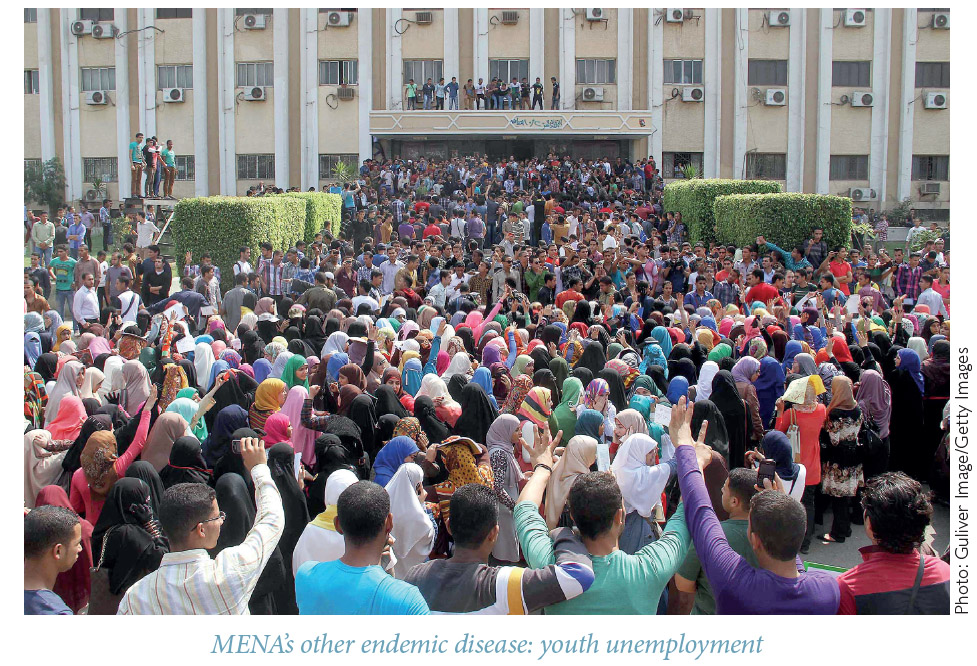
The increase in unemployment among young Arabs highlights a troubling trend in the region's labor market, which has struggled to create sufficient job opportunities despite ongoing economic reforms and initiatives aimed at fostering growth. The World Bank and other economic organizations have expressed concern over the deteriorating job prospects for the region's youth, who constitute a significant portion of the population.
Arab countries that experienced a sharp rise in unemployment include Egypt, Tunisia, Jordan, Lebanon, and Morocco. These nations, which were already grappling with economic challenges before the pandemic, saw jobless rates climb as businesses closed and economies contracted. The informal sector, which employs a large percentage of the workforce in these countries, was particularly hard hit, leading to widespread job losses and reduced income for millions of families.
In Egypt, the unemployment rate among youth rose sharply, reversing the gains made in previous years. The country's labor market has struggled to absorb the influx of young job seekers, many of whom are graduates with few opportunities in a sluggish economy. Tunisia, another country with a high youth unemployment rate, has faced similar challenges, with political instability and economic stagnation exacerbating the problem.
Jordan, which has one of the highest youth unemployment rates in the region, saw its jobless numbers increase further last year. The country's economy has been weighed down by external shocks, including the pandemic, and the influx of refugees from neighboring Syria, which has strained public services and limited job opportunities for young Jordanians.
Lebanon, already in the grip of a severe economic crisis, experienced a dramatic rise in unemployment, particularly among its youth. The country's ongoing financial meltdown, coupled with political instability and a lack of governance, has left many young people without prospects for employment or economic stability.
Morocco's labor market has also been affected by the pandemic, with youth unemployment rising significantly. The country's tourism sector, a major source of employment, was devastated by the pandemic, leading to widespread job losses and a bleak outlook for young Moroccans seeking work.
The persistence of high youth unemployment in the Arab world has far-reaching implications for the region's social and economic stability. Experts warn that unless urgent measures are taken to address the root causes of the unemployment crisis, such as improving education and vocational training, promoting entrepreneurship, and creating a more favorable business environment, the situation is likely to worsen.
Governments across the Arab world have announced various initiatives to tackle unemployment, including investment in infrastructure projects, support for small and medium-sized enterprises, and programs aimed at enhancing skills development. However, these efforts have so far fallen short of addressing the scale of the problem.
The economic challenges facing Arab youth are compounded by demographic trends, with the region's population continuing to grow rapidly. This has led to increased pressure on the labor market, as more young people enter the workforce each year, only to find limited job opportunities.
In the wake of the pandemic, the region's economic recovery has been uneven, with some countries faring better than others. However, the overall outlook for youth employment remains bleak, with many young Arabs expressing frustration over the lack of opportunities and the slow pace of economic reforms.
The growing disillusionment among Arab youth poses a significant challenge for governments, as unemployment and economic hardship can lead to social unrest and political instability. Addressing the root causes of youth unemployment will require a coordinated effort across the region, involving not only government intervention but also private sector participation and international support.
Topics
Economy
